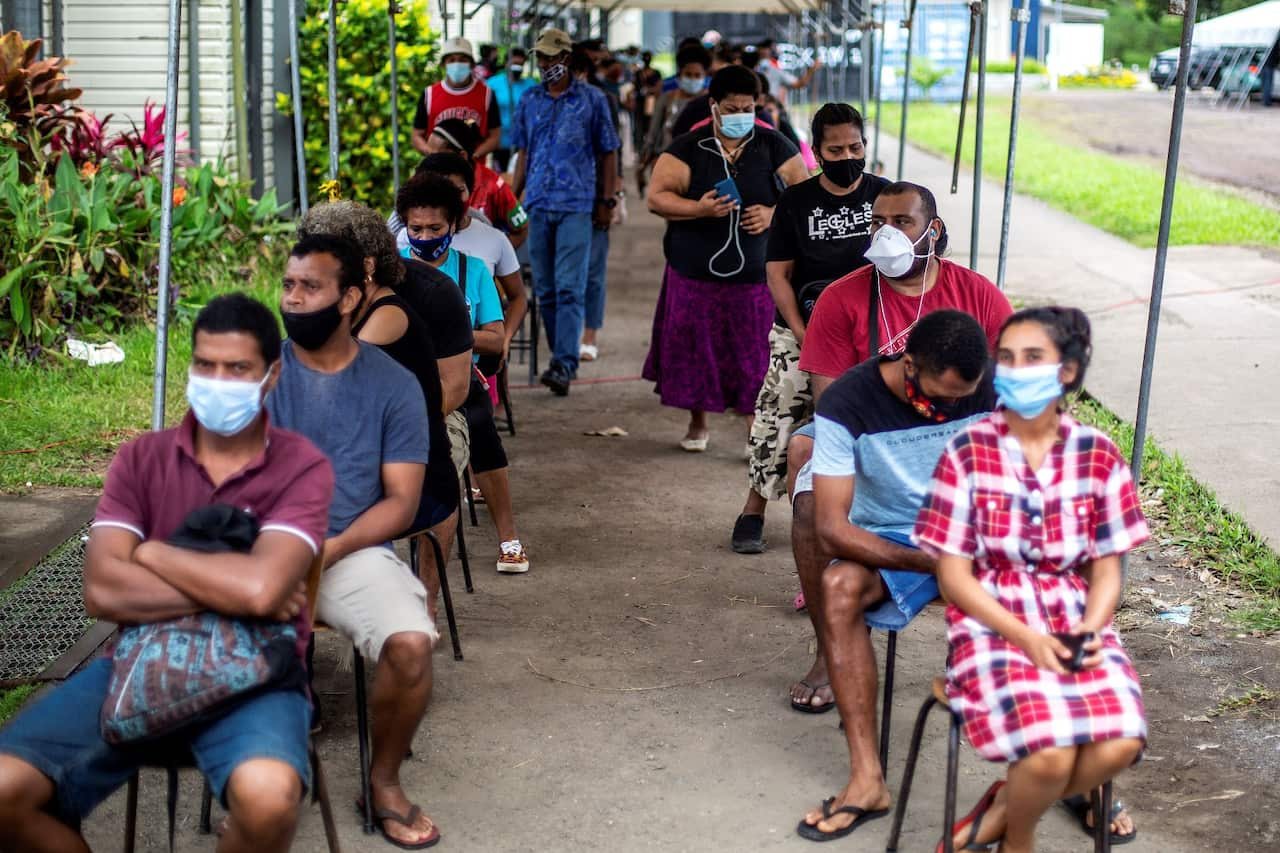Advocates for aid in the Pacific are warning the federal government it’s risking the lives of people in the region, by ending the domestic manufacture of Astra Zeneca vaccination doses.
Biotechnology company CSL has confirmed it will fulfil the existing contract to make 50 million doses of the AstraZeneca vaccine in Australia, and remaining production will be completed by early next year.
But Reverend Tim Costello, spokesman for the group End Covid For All, is calling on the Prime Minister to extend the agreement.
He’s pushing for a further 20 million doses to be donated to the international COVAX stockpile that aims to fairly distribute vaccines to different countries.
“I'd like to see two things, first for the Australian government to commit $250 million to the COVAX facility - that's the international facility that's focusing on the poor in the world - and include an extra 20 million of our vaccines to those poor countries,” he said. “Leaving people unvaccinated, and it's less than 2.5 percent of the population in the poor world that have had one shot, will see mutant strains.”
“Leaving people unvaccinated, and it's less than 2.5 percent of the population in the poor world that have had one shot, will see mutant strains.”

Fiji residents wait for their dose of AstraZeneca vaccine in Suva Source: Getty
Health Minister Greg Hunt has defended the current production schedule and said Australia would continue providing surplus vaccines to other nations in need.
"CSL and AstraZeneca are on track to complete the full 50 million-dose production run in Australia and the 3.8 million supply from overseas," he told reporters.
"Our expectation and our plan is that that program will be completed in full. All of those extra doses are being supplied to the region."
He noted Fiji's vaccine rollout was boosted by Australian AstraZeneca doses, which were also sent to Indonesia, Vietnam, Papua New Guinea and other Pacific nations.
CSL Chair Brian McNamee told the company’s Annual General Meeting this week: “We are pleased to say that the Australian Government and AstraZeneca trusted us as their partners to help the country respond to the emerging crisis through the most effective solution available: vaccination.”
In a statement, CSL and Seqirus said they were “proud of the role they have played in providing Australia with onshore vaccine manufacturing capability throughout the pandemic”.


